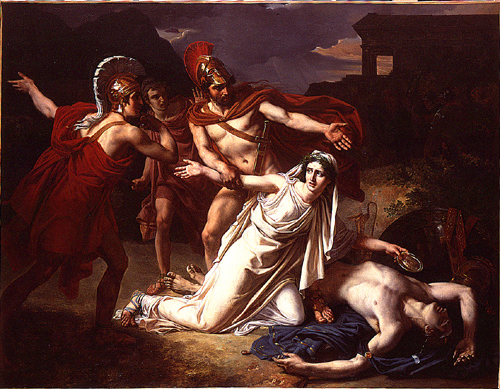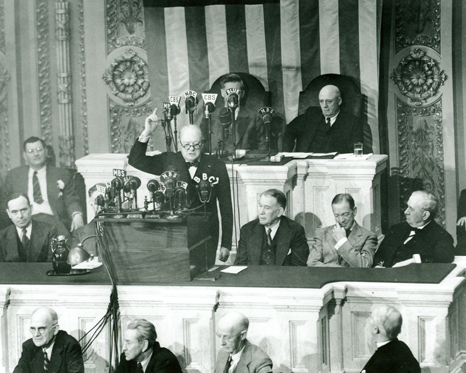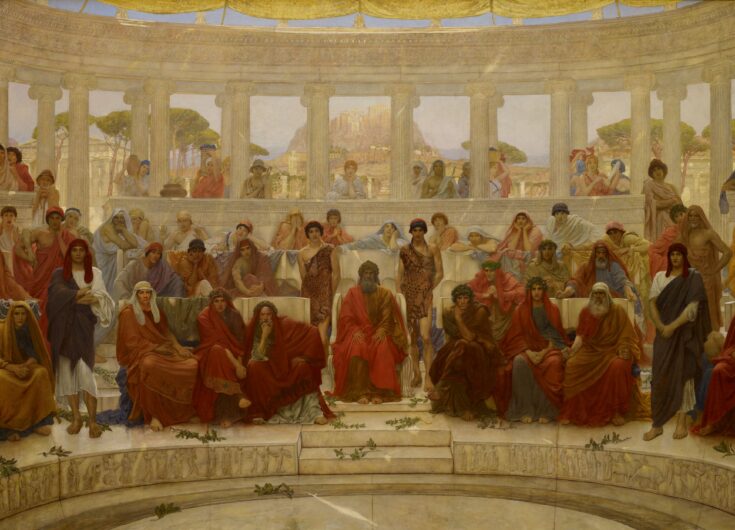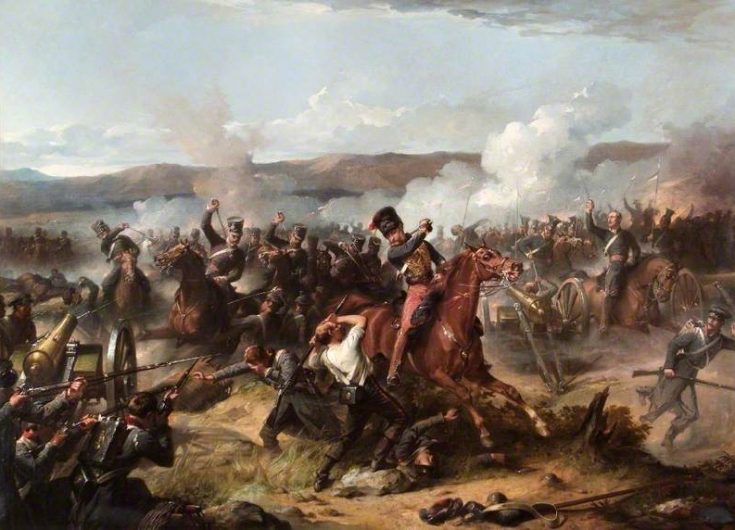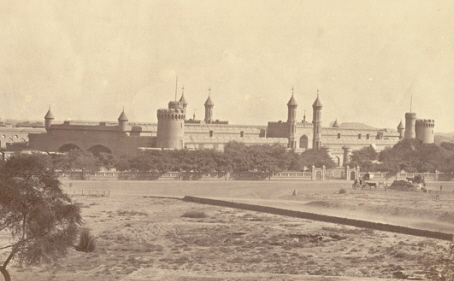January 27, 2015
Fire, Aristotle observed in the Nicomachean Ethics, burns both here and in Persia, but what is seen as just seems to vary. Aristotle, of course, depended on the universality of nature (fire), including human nature (with transcendent standards of justice), to stake a claim for the possibility of political philosophy – as compared to relying on the claims of the ancestral or of convention. Of course, Aristotle goes on to say that natural right is changeable.And reflective Greeks had to take into account the real-world differences between the city states of Hellas and the empire of Persia, especially when it came to war.
One such reflective Greek was the dramatist Aeschylus, whose tragedy, The Persians (performed in 472 BCE), recounts the moment when the Persian court and queen learn of Emperor Xerxes’s defeat by the Greeks in the 480 BCE naval battle near Salamis.
